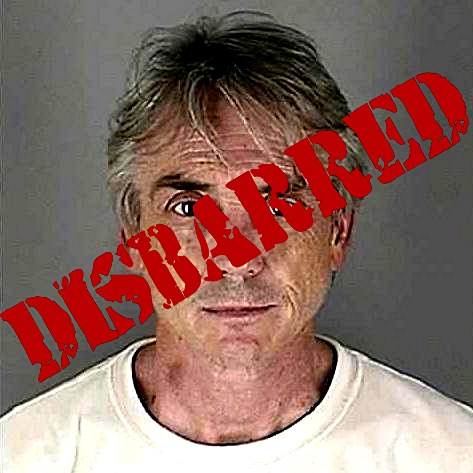 Lost Wills and the Presumption of Revocation
Lost Wills and the Presumption of Revocation
An update to this article is that since the introduction of WESA on April 1, 2014, I anticipate that the courts will be more willing to allow copies of wills as proof of the testator’s intention to more easily admissible into probate
Often when a person dies, his or her original will cannot be found and will never be found.
Frequently years have passed between between the date the will was signed and the testator’s death.
In many circumstances a true copy of the will be accepted for probate in the place of the original will.
However, if the will was last known to be in the custody of the testator, and is not found after the death of the testator, then the presumption is that the testator destroyed the will with the intention of revoking it.
The presumption of revocation may be rebutted by evidence such as the following:
A. The character of the testator;
B. The existence of codicils;
C. Statements made to beneficiaries with respect to provisions made for them; and
D. Words and actions of the testator before and after the execution of the will.
The degree of evidence required by the Courts to rebut this presumption is not usually very high.
If the existence of a valid will is proved then the presumption of revocation is rebutted. The contents of the will must then be proved.
If there is a copy or completed draft, and the solicitor who prepared the will gives evidence as to proof of execution by the testator, there should be sufficient evidence of the contents of the will.
If there is no copy or completed draft, the evidence of the witness as to the contents of the will may be sufficient, even if that witness has an interest in the will.
Such evidence may include statements made by the testator before or after the execution of the will, evidence that the witness with the will, evidence of codicils to a will that reference to the will in written documents.






